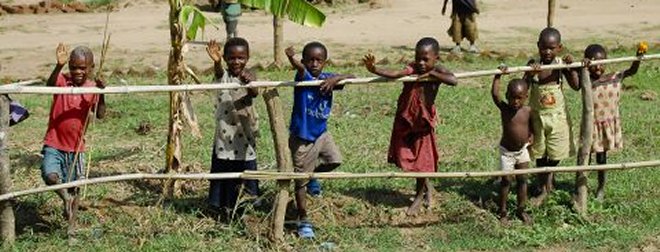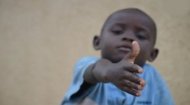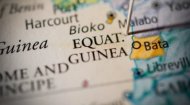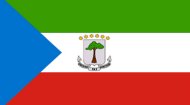|
Equatoguinean Profile |
Equatoguinean Profile |
Equatoguinean Profile | Equatoguinean Profile |

|
The majority of the child population of the country, whose constitution enshrines the protection of children's physical and psychological health and normal development (however child labour is both legal and widespread), live without electricity, basic education or heath care facilities and live within families making a living of subsistence farming whilst the offshore oil industry engages mainly foreign workers. A significant portion of the population still lacks reliable access to clean water, electricity, and quality healthcare. This paradox of immense national wealth alongside widespread poverty is the defining social and economic issue of modern Equatorial Guinea. The government faces the ongoing challenge of diversifying its economy away from a near-total reliance on hydrocarbons, investing in agriculture, tourism, and education to create a more sustainable and inclusive future for its people. The population of 1.92 million (2025) is composed of several ethnic groups, primarily the Fang on the mainland and the Bubi on Bioko Island. While Spanish and French are the official languages, a multitude of indigenous languages like Fang and Bubi are widely spoken, reflecting the rich cultural tapestry. In urban centres like Malabo and Bata (the largest city on the mainland), daily life is a blend of modern aspirations and traditional values. The influx of oil money has created a growing middle class with access to international goods, restaurants, and nightlife. Yet, beneath this modernity, strong family and clan ties remain the bedrock of society. In rural villages, daily life is more directly tied to the land and sea. Subsistence farming, fishing, and small-scale trade are common, and community gatherings and traditional festivals play a central role in the social calendar. Despite the country's wealth, infrastructural gaps can make daily life a challenge. Intermittent electricity and water cuts are not uncommon, and travel between the mainland and the islands can be expensive and logistically difficult for ordinary citizens. For the traveller, Equatorial Guinea offers a selection of incredible, albeit less developed, tourist attractions. Its greatest asset is its pristine natural beauty, largely untouched by mass tourism. Bioko Island: The volcanic Bioko Island is a biodiversity hotspot. The southern part of the island is home to incredible tourist attractions for nature lovers, including the Gran Caldera de Luba Scientific Reserve. Here, one can trek through dense cloud forests to witness nesting sea turtles on remote beaches or spot rare primates like the drill and the red-eared guenon. The island's capital, Malabo, features a charming Spanish colonial quarter with a cathedral and presidential palace. Río Muni Mainland: The mainland is dominated by dense tropical rainforests, part of the Congo Basin, the second-largest rainforest in the world. The Monte Alén National Park is a premier destination for hiking and wildlife spotting, offering a chance to see forest elephants, gorillas, chimpanzees, and a stunning array of birdlife.
Annobón Island: The remote and mystical island of Annobón, located far to the south, is an isolated volcanic gem. Its dramatic landscape, crater lakes, and unique culture, influenced by its extended isolation, make it a fascinating, though extremely difficult-to-reach, destination. The challenges for tourism are significant, including complex visa processes, limited and expensive tourist infrastructure, and underdeveloped tour operator networks. However, for those who succeed in visiting, the reward is an authentic and uncrowded experience in one of Africa's least-known corners. Facts, video and information about Malabo, the capital city of Equatorial Guinea, on the island of Bioko. More > |









